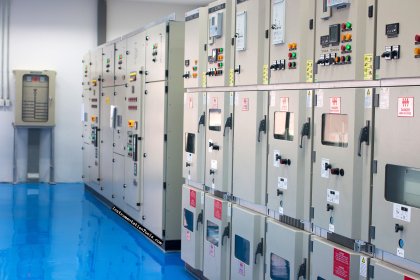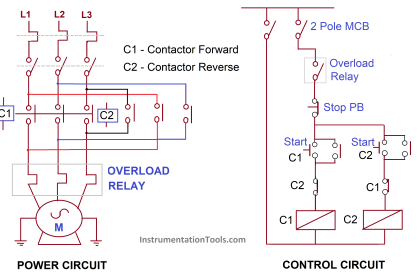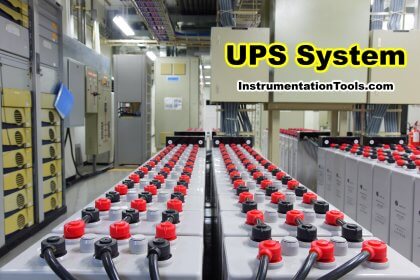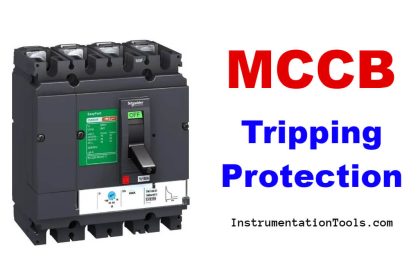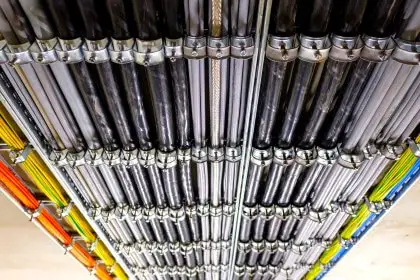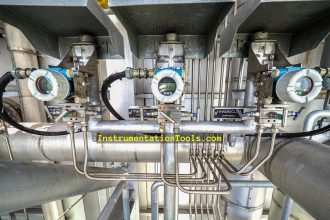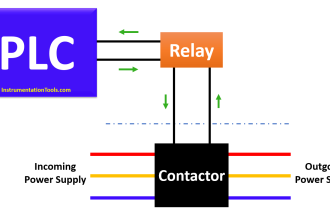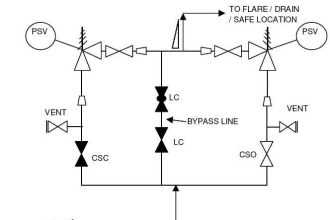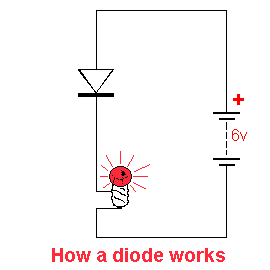In this post, we will understand the types of industrial storage batteries.
Batteries play an important role in industrial activities. Unlike primary batteries or domestic batteries that are used and thrown (which are discarded once the battery is over), storage batteries can be charged once their battery is over.
They store energy and release electrical energy once put to use again.
Types of Industrial Storage Batteries
Storage batteries are a group of cells that store chemical energy and convert it into electrical energy when it is used.
In a reverse direction, that means to recharge it, the current is passed through it in opposite direction and it converts electrical energy into chemical energy.
Ions can be transferred to and fro between electrodes, which makes it possible to charge and discharge. Such stable energy application makes it suitable for various industrial purposes.
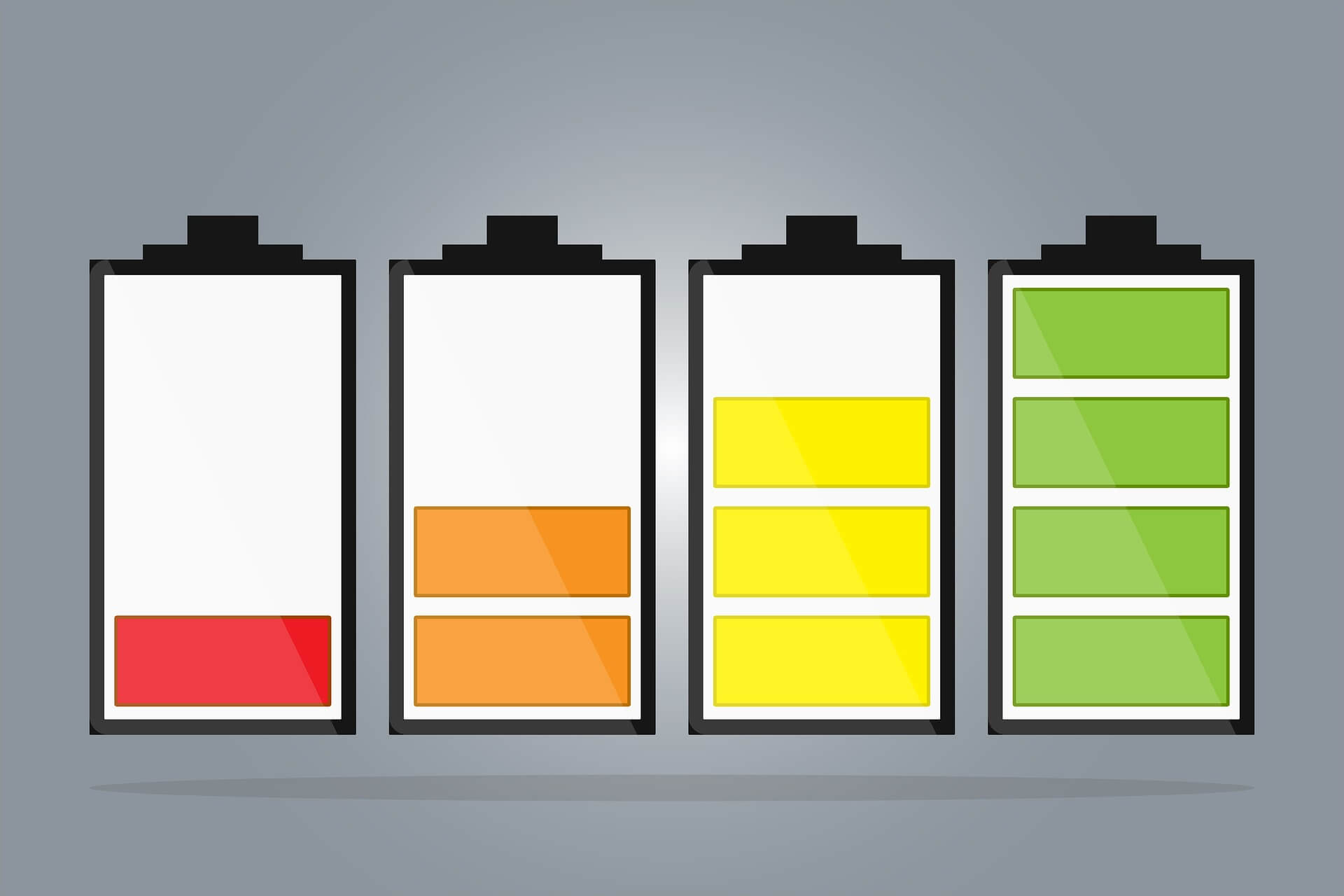
We will consider some general types of industrial storage batteries.
Alkaline Storage Batteries
As discussed earlier, due to the primary use of chemical energy, one of the types used is alkaline chemical solutions.
One of the most used types of these batteries is nickel-cadmium batteries. They are heavy-duty ones and are more reliable than other alkaline batteries.
They are best suitable in harsh environmental conditions or high currents. But, they are more expensive and difficult to maintain than other alkaline batteries.
Some other types of alkaline batteries are nickel-zinc, nickel-hydrogen, nickel-iron, silver (oxide)-zinc, etc.
Of these, the one which is nowadays a tough competitor to nickel-cadmium is nickel-hydrogen batteries. This is due to the non-usage of toxic cadmium, high level of tolerance, high capacity per unit volume, etc.
Lithium-Ion Batteries
Apart from alkaline ion batteries, lithium-ion batteries are much widely used in industrial activities. They are very lightweight and charge rapidly.
Though they are costlier than alkaline storage batteries, they last longer and are more durable than them.
Some of the commonly used lithium-ion batteries are lithium-cobalt oxide, lithium-manganese dioxide, and lithium-nickel oxide.
Lead Acid Batteries
Of all the three types discussed, lead-acid is the most widely and successfully used one.
They have the highest level of reliability and are extremely useful in low melting temperatures.
They are low-cost and easy to fabricate. Due to their big and heavy size, they take a longer time to recharge. But, they are the most reliable and accurate of all three types.
Summary
In this way, we studied some general types of industrial storage batteries. Though we are naming industrial here, it is not only used in industries but also in other applications like defense, domestic, hospitals, UPS, telephone exchange, etc.
If you liked this article, then please subscribe to our YouTube Channel for Instrumentation, Electrical, PLC, and SCADA video tutorials.
You can also follow us on Facebook and Twitter to receive daily updates.
Read Next:
